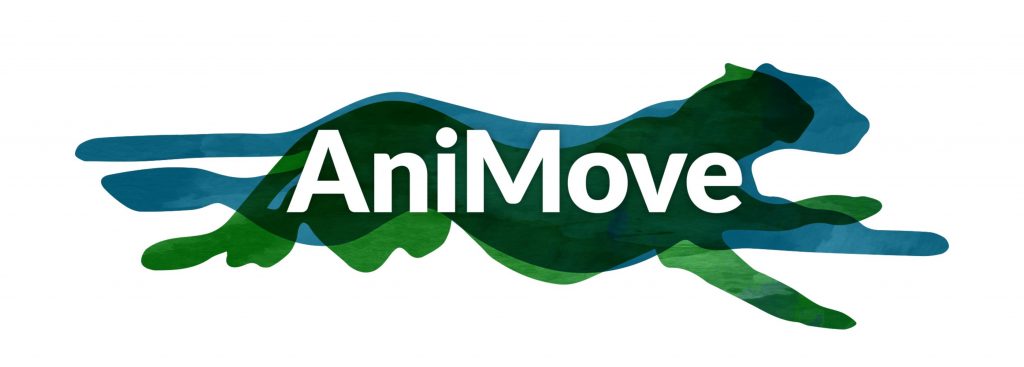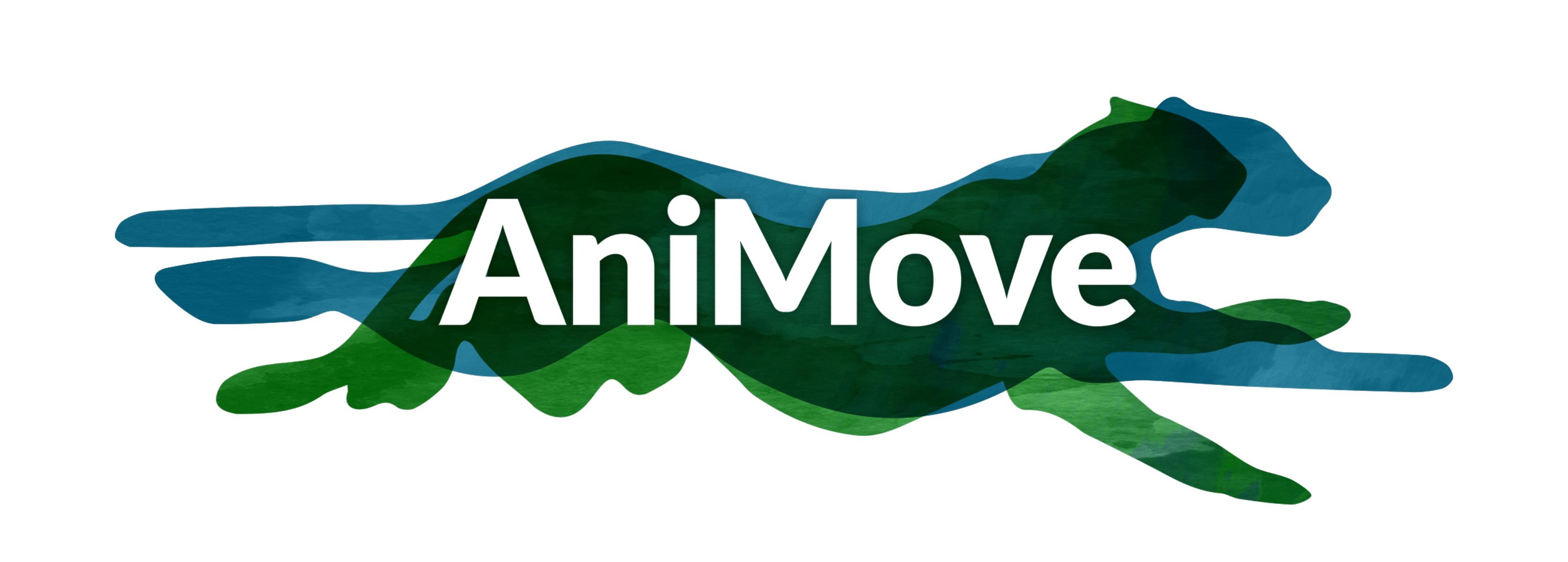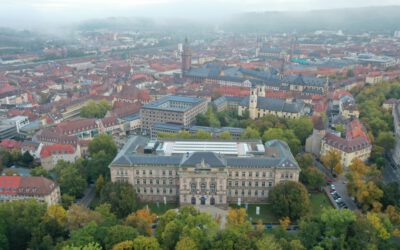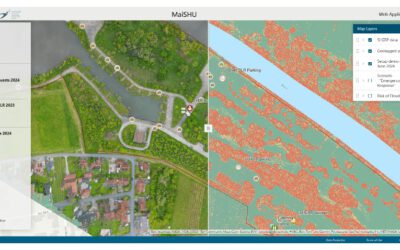 We organize again the AniMove, animal movement and remote sensing, summer school together with MPI in Radolfzell (Kamran Safi, Martin Wikelski) this year. The AniMove 2018 school will take place from September 10th – September 21th. Application deadline is end of March. Apply now to learn how to analyze remote sensing and include it in animal movement analysis!
We organize again the AniMove, animal movement and remote sensing, summer school together with MPI in Radolfzell (Kamran Safi, Martin Wikelski) this year. The AniMove 2018 school will take place from September 10th – September 21th. Application deadline is end of March. Apply now to learn how to analyze remote sensing and include it in animal movement analysis!
about AniMove: Animal Movement Analysis summer school is offered as a two-week professional training course, that targets students, researchers and conservation practitioners that have collected animal relocation data and want to learn how to analyze these data. Course participants will have the opportunity to apply learned techniques to their own data during the course.
Animal movement is critical for maintenance of ecosystem services and biodiversity. The study of complex movement patterns and of the factors that control such patterns is essential to inform conservation research and environmental management. Technological advances have greatly increased our ability to track, study, and manage animal movements. But analyzing and contextualizing vast amounts of tracking data can present scientific, computational, and technical challenges that require scientists and practitioners to master new skills from a wide range of computational disciplines.
AniMove, a collective of international researchers with extensive experience in these topics, teaches a two-week intensive non-profit training course for studying animal movement. This two-week course focuses on interdisciplinary approaches linking animal movement with environmental factors to address challenging theoretical and applied questions in conservation biology. To achieve this, participants will acquire significant skills in computational ecology, movement data pre-processing and analysis, modeling, remote sensing and Geographic Information Systems (GIS).









